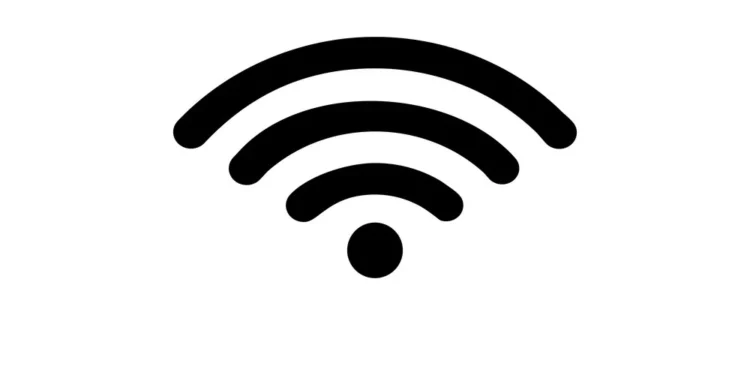A research study has revealed that Nigeria has surpassed China, India, and Pakistan to claim the fourth position in terms of population lacking internet access.
The study highlights that India currently has the largest population without internet connectivity, with a staggering 683.7 million individuals.
China follows closely behind with 336.41 million people without internet coverage. Pakistan ranks at 131.8 million, while Nigeria secures the fourth spot with 123.42 million.
Other countries with significant populations lacking internet access include Ethiopia (103.29 million), Bangladesh (96.47 million), Indonesia (93.4 million), the Democratic Republic of Congo (75.61 million), Tanzania (46.6 million), and Uganda (35.94 million).
Top Ranked Countries with the Highest Number of Offline People
In today’s modern society, the internet has become an indispensable tool that revolutionizes communication, work, education, and access to information. However, the absence of regular internet access can pose significant disadvantages for individuals seeking a better education, employment opportunities, and an improved standard of living.
Alan, a renowned technology writer from Increditools, has compiled a comprehensive ranking of countries with a substantial portion of their population lacking internet connectivity.
The Global Digital Divide
According to data from the World Bank, approximately 2.6 billion people, which accounts for about one-third of the world’s population, remain unconnected to the internet as of 2023.
While India currently holds the highest number of non-internet users, comprising around 50% of its population, it has witnessed a growth of 23% in its digital presence in recent years. China, on the other hand, faces challenges due to its vast rural population, with 39% of its 1.4 billion people residing in rural areas. This rural-urban technology divide is a significant hurdle for many countries on the list, as access to internet services is limited based on geographical location.
Factors Contributing to the Digital Divide
Several factors contribute to the digital divide:
1. Infrastructure: In rural and remote areas, the lack of broadband networks and mobile towers hinders the establishment of internet connectivity.
2. Affordability: The cost of internet services can be prohibitive for individuals and communities, particularly in low-income countries where access to basic necessities takes precedence. This lack of affordability further widens the divide between those who can afford a quality education and those who cannot.
3. Digital Literacy: Even in regions where internet access is available, a lack of digital literacy prevents individuals from fully utilizing online resources and participating in the digital economy. This hampers their involvement in emerging industries, job opportunities, and avenues for economic growth, such as e-commerce, software development, and digital marketing.
4. Government Policies: Government regulations and censorship can impede internet access and restrict freedom of expression in certain countries. Such restrictions limit the amplification of marginalized voices, hinder grassroots organizing, and impede the democratization of knowledge, ultimately suppressing citizens’ ability to set up fairer and more democratic institutions.
5. Political Instability: Internet access relies on stable infrastructure and a peaceful society. Instances of war, civil unrest, and natural disasters significantly impact people’s ability to access the internet.
The Importance of Bridging the Internet Gap
Ensuring equitable access to online resources is crucial for fostering inclusive economic development, promoting social cohesion, and advancing global progress. It requires collaborative efforts from governments, private sector entities, civil society organizations, and international institutions to invest in infrastructure, promote digital literacy, and create an enabling environment for universal internet access.
Alan emphasizes that the internet has become a fundamental tool for social and economic development in the 21st century. Closing the gap in internet connectivity between countries is not just a matter of technological advancement but a moral imperative. It is essential to ensure that everyone, regardless of their background or location, has the opportunity to fully participate in the digital age and realize their full potential.











